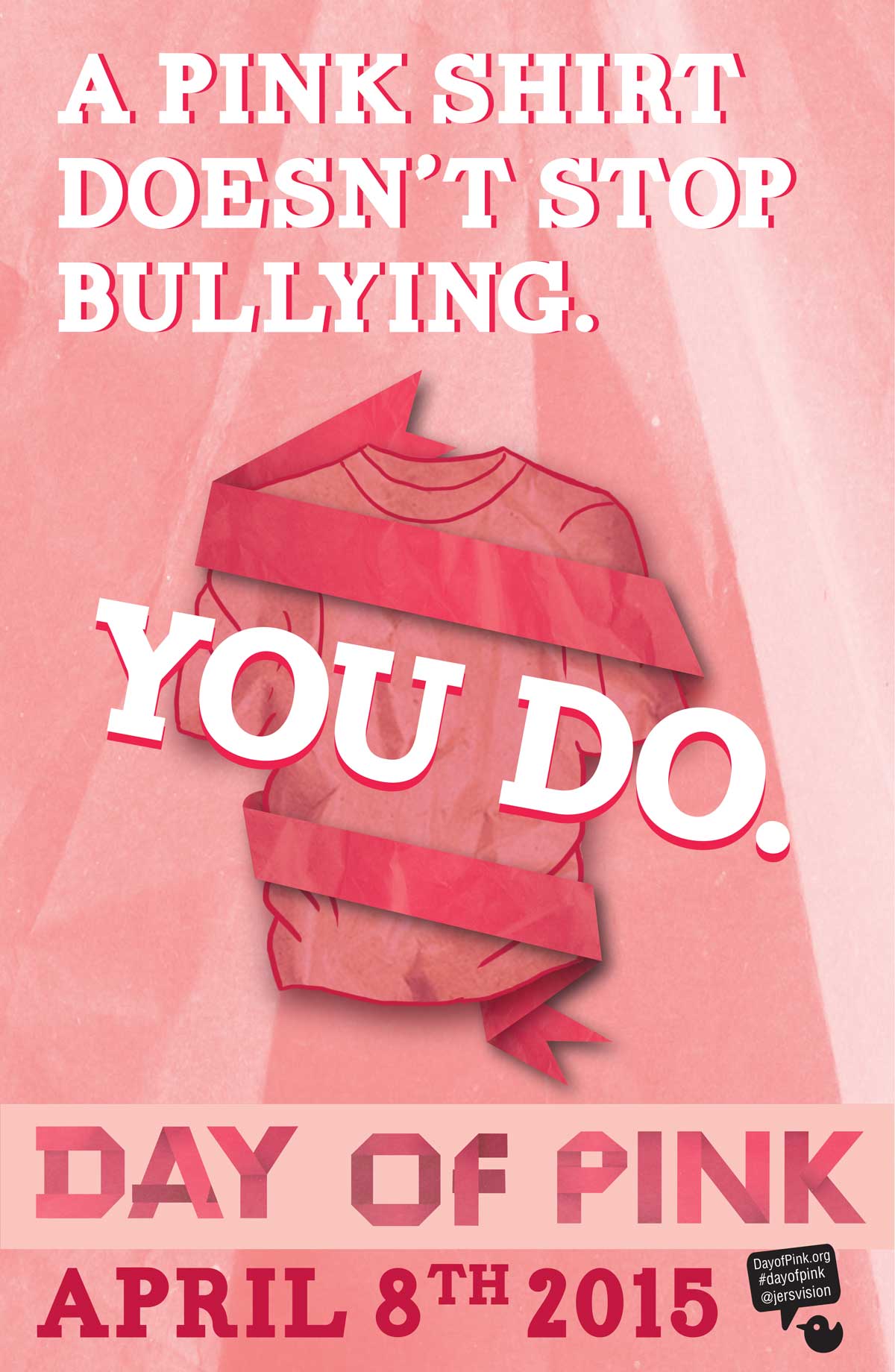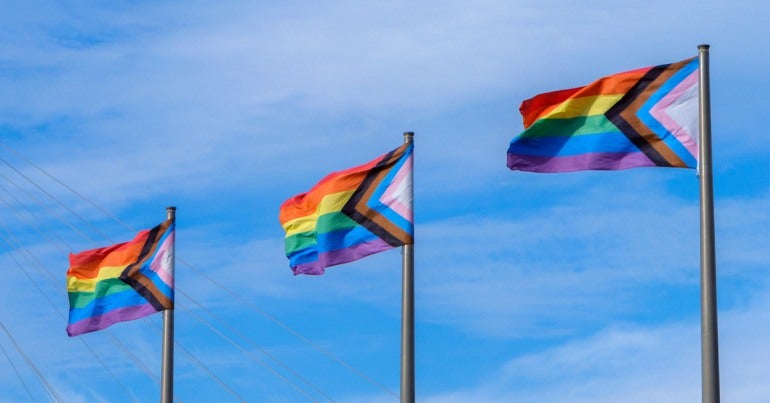
The day got its start in Nova Scotia in 2007 when two high school students saw a younger boy wearing a pink shirt being ridiculed and threatened at school. The two older students took action, encouraging all their classmates to wear pink to school. The result was a powerful show of solidarity. The idea caught on and now many schools and workplaces celebrate annual pink shirt days.
Bullying is a serious problem in our workplaces, our schools and our communities. This aggressive, persistent form of harassment hurts people of all ages. It is a misuse of power to make someone else feel small. For targets, the health fallout can be devastating, from depression and trauma to suicide, in the worst cases. The ripple effects extend to witnesses, friends, families, co-workers and entire organizations.
There are hopeful signs of change among our members and in our communities. Awareness of the problem is growing, as is demand for education and action to eliminate it. Some locals, like the B.C. Hospital Employees’ Union, have conducted workplace bullying surveys among their members and developed anti-bullying campaigns. Gay-Straight Alliances in schools and campaigns like “It Gets Better” provide support to bullied teens.
The labour movement has always been at the forefront of struggles for LGBTTI rights. Some of these struggles were profiled and discussed at the CUPE National Human Rights Conference in February 2015. These included historical gains at the bargaining table in advancing ‘no discrimination’ clauses, anti-harassment language, same-sex benefits and leave provisions for transitioning workers. The incorporation of gender identify and gender expression in several provincial human rights codes was also highlighted as one of the most significant human rights achievements in recent years.
On April 8, take a stand against bullying. Wear pink and encourage others to wear pink.
Here are some other things you and your local can do to help make everyone feel safe, welcome and respected in our workplaces.
- Order CUPE’s new Stop harassment guide for locals and the pamphlet, Speak out! Stop harassment. You’ll find valuable tips on how to recognize harassment and take action to end it.
- Organize an anti-bullying event in your workplace or participate in a community or school district event. See the suggestions at dayofpink.org and egale.ca.
- Make your own T-shirts, using “Today Solidarity Is Pink” decals available on the Canadian Labour Congress’ website.
- Educate yourself and your members. Ask for CUPE’s Combating Workplace Bullying or Pride in CUPE workshops to be put on for your local or at the next Division school. CUPE also has a new weeklong Human Rights course. Our Steward Learning Series includes three-hour modules on Creating Harassment-Free Workplaces, Being an Ally for Equality, and Challenging Homophobia in the Workplace.
- Learn more about the harassment and discrimination faced by our own LGBTTI members. See CUPE’s online presentation and backgrounder featuring the experiences of three trans activists from the National Pink Triangle Committee. The CLC has two useful booklets available for download: To Our Allies: All You Ever Wanted to Know about Lesbian, Gay, Bisexual and Trans Issues and Workers in Transition: A Practical Guide for Union Representatives.
-
Support changes to provincial and federal human rights codes to provide explicit protection for discrimination based on gender identity and gender expression.
Let’s stand together to put a stop to bullying and harassment.
In solidarity and pride,
Paul Moist
National President
Charles Fleury
National Secretary-Treasurer



